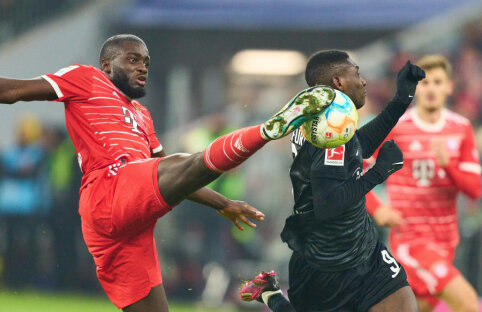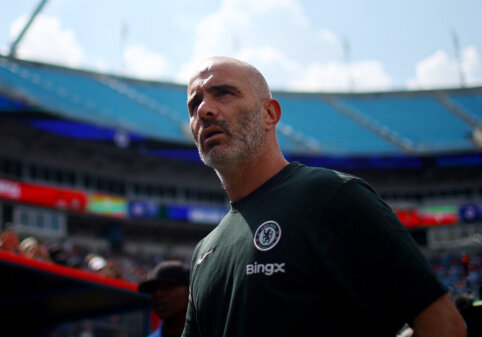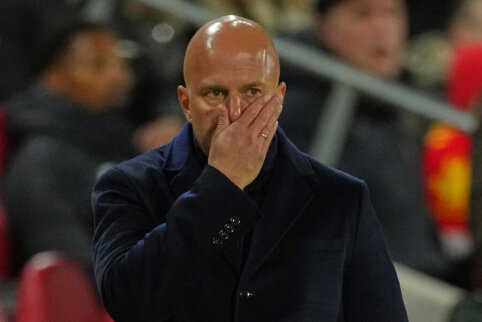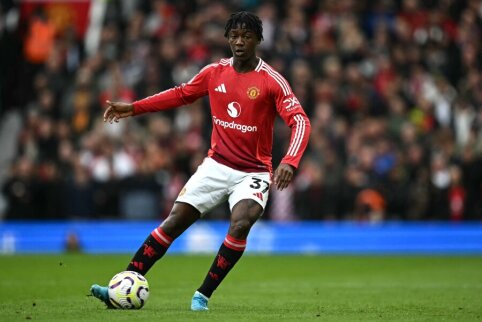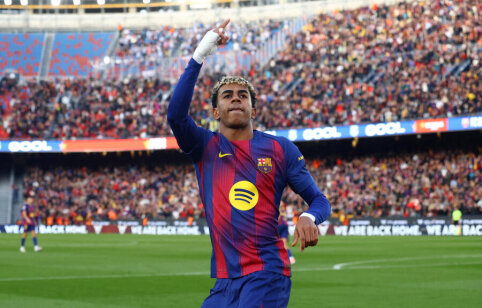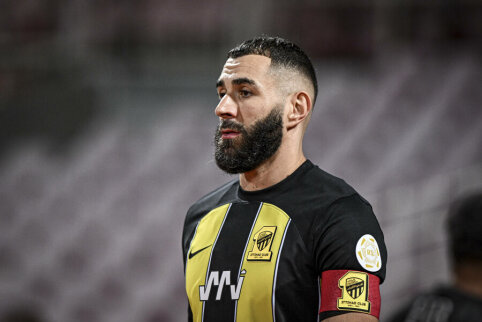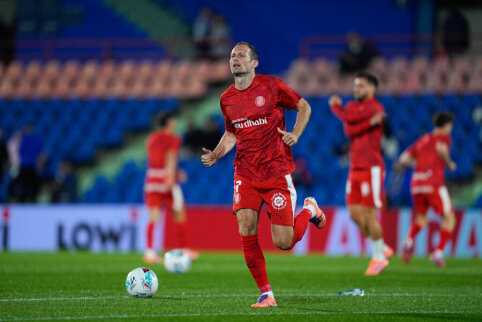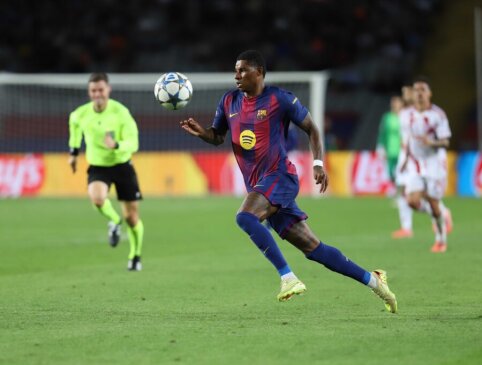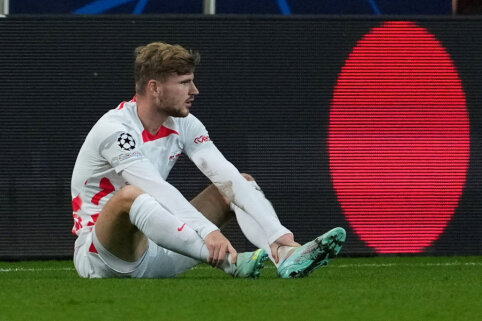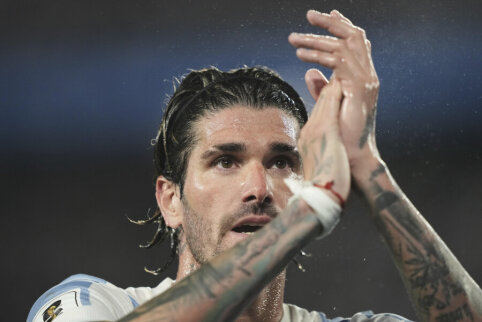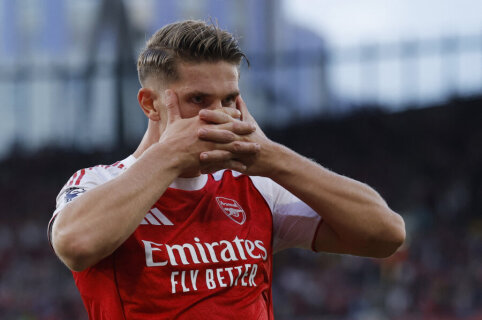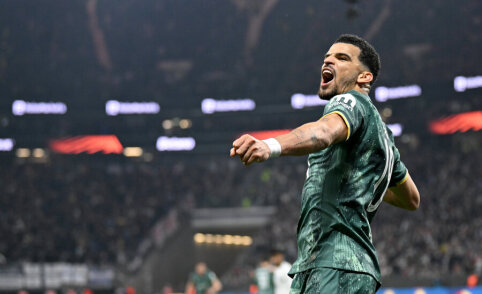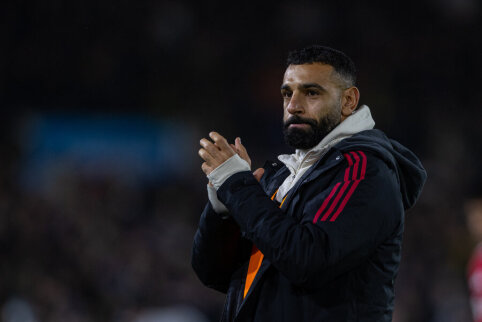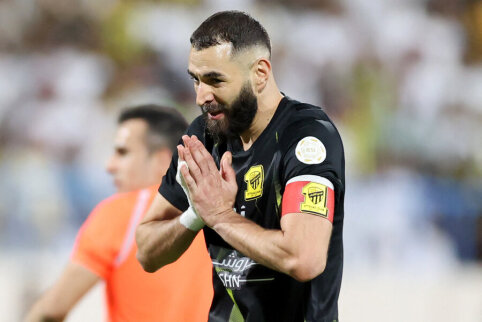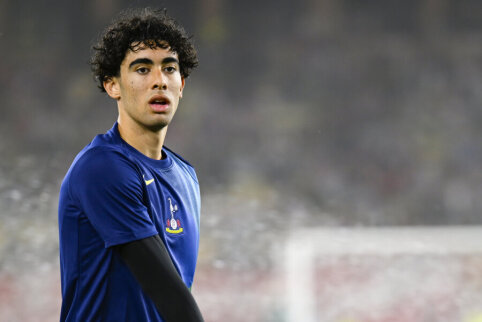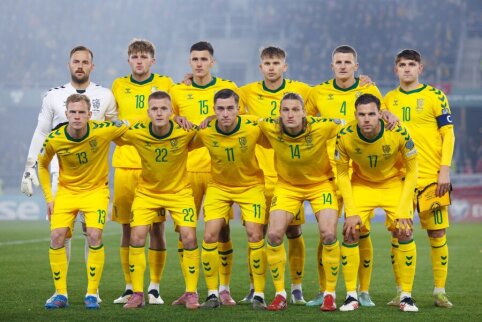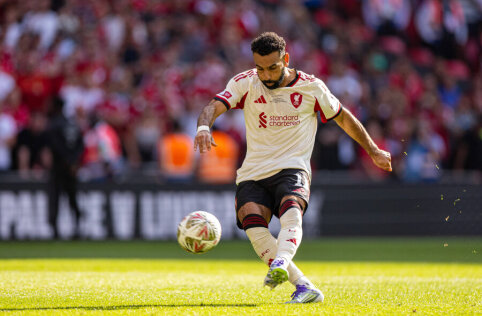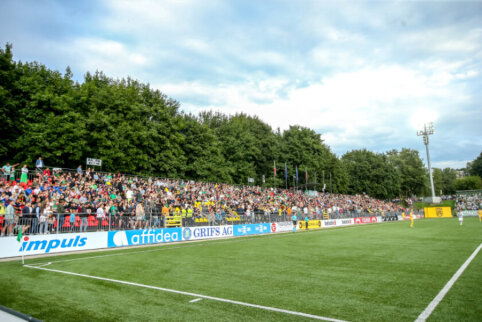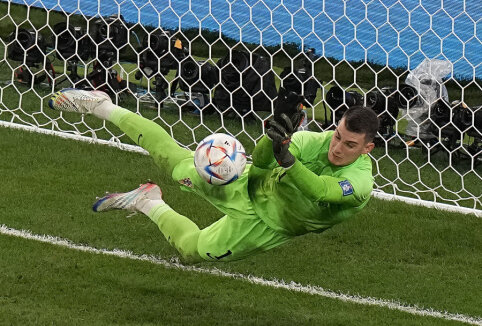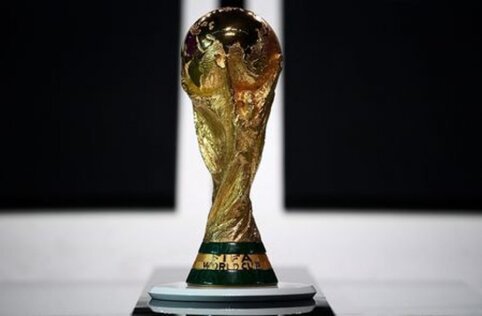
After the successful completion of the most important football event in Brazil, international attention now turns to the country that will host it in four years. This country is Russia. The biggest challenges that one of our neighbors will face are reviewed by BBC journalist Rafael Saakovas.
It is not yet clear how today's political situation and tension between Russia and the West will affect the organization of the championship.
There is no doubt that the 2018 tournament will surpass the 2014 World Cup in Brazil and become the most expensive in history. Previously, the championship expenses were estimated at about 19 billion US dollars, but Russian Sports Minister Vitaly Mutko says that the event's budget could grow to up to 40 billion.
For comparison, 4 billion US dollars were invested in stadiums in Brazil.
Critics of the championship organization note the fact that tournament stadiums will host a minimum of 45 thousand spectators each, but in Russian Premier League matches, only an average of 11 and a half thousand people attend.
"Stadiums are necessary, but they should not stand empty," says activist Nikolai Levshits from Moscow.
"Construction costs could also be reduced by involving private investors and sponsors."
"I support the idea of the World Cup in Russia, but not at the cost of taking money away from schools, hospitals, or pensioners," he added.
The World Cup will be the second major sporting event in Russia in four years. Earlier this year, the Winter Olympics took place in Sochi.
Despite the large investments, N. Levshits, a regular participant in opposition demonstrations, says he does not expect large protests like in Brazil.
"Such protests in our country would only harm their participants, as state-controlled television would try to convince viewers that the protesters aim to disrupt the sports event," Levshits said.
Former Brazilian national team defender Roberto Carlos, Congo player Christopher Samba (both playing for Anzhi Makhachkala) and Ivory Coast goalkeeper Yaya Toure from Manchester City are among those who have experienced racist abuse in Russia.
However, racism is not the only issue that Russian football institutions have to deal with. Hooliganism and violence also remain major problems, as fan clashes with police continue in the country and matches are often interrupted.
One of Russia's most famous clubs, Zenit St. Petersburg, was punished in May when fans invaded the field during a home game against Dynamo Moscow. During the incident, the captain of the Moscow club, Vladimir Granat, was hit in the head by a Zenit fan.
The club was forced to play the next two home matches in an empty stadium and was fined $28,000.
Journalist Igor Rabiner from the Russian football website Championat says that the country's institutions must prepare a proper campaign against racism and hooliganism to prevent such incidents during the World Cup.
"Hooligans in Russia always go unpunished," he said. "I don't understand how someone can remain uncharged after hitting a player in the face on the field."
"Even more importantly, it encourages others to behave the same way."
